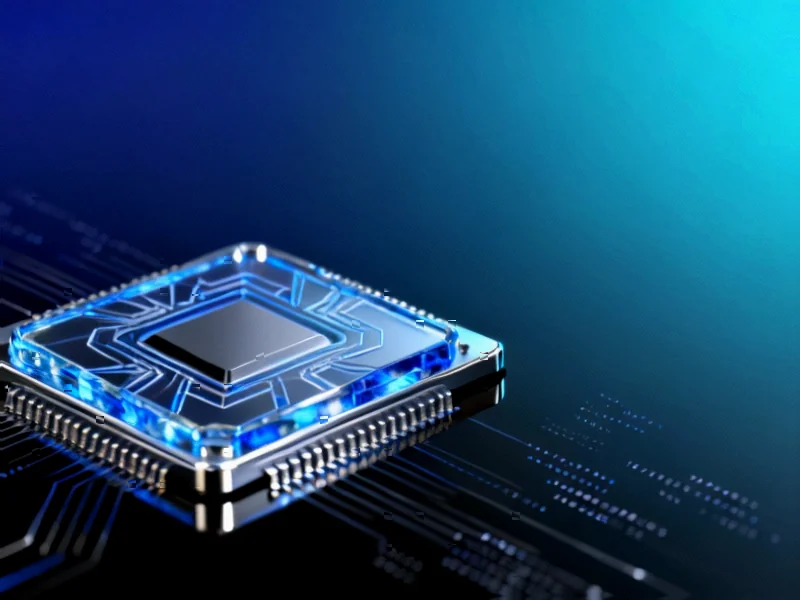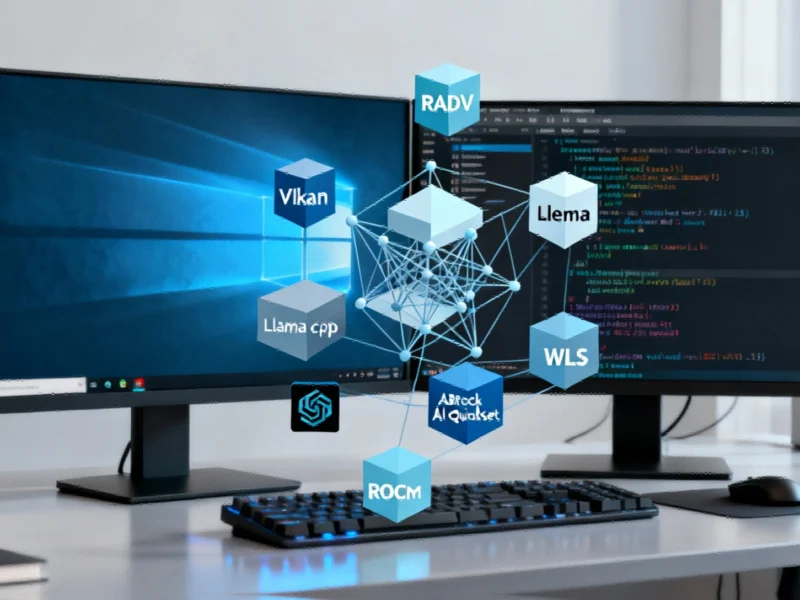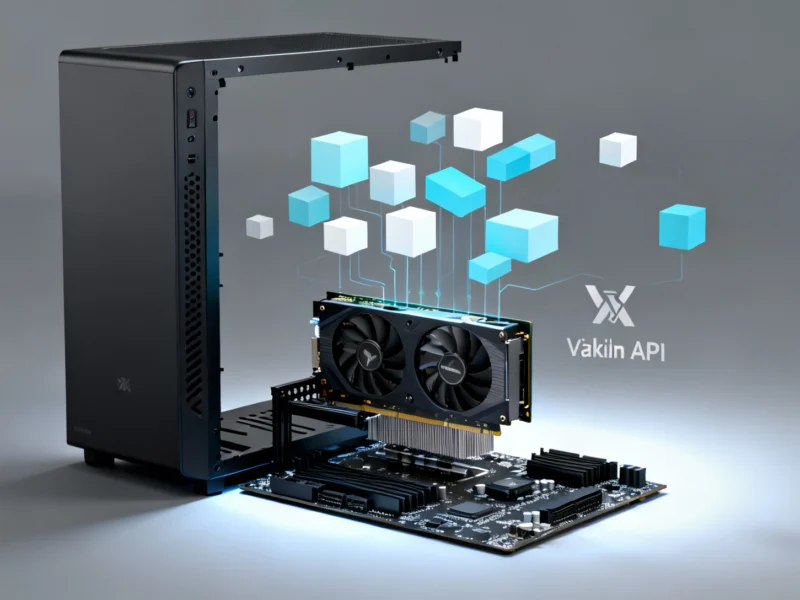The upcoming Linux 6.19 kernel is set to deliver expanded hardware support with sensor monitoring capabilities for the ASUS ROG STRIX X870E-H GAMING WIFI7 motherboard. This development continues Linux’s ongoing improvements in gaming and enthusiast hardware compatibility. Industry analysts suggest these enhancements will benefit users seeking robust Linux performance on high-end gaming systems.
Enhanced Hardware Monitoring for Gaming Systems
The upcoming Linux 6.19 kernel will reportedly include support for sensor monitoring on the ASUS ROG STRIX X870E-H GAMING WIFI7 motherboard, according to reports from hardware monitoring specialists. This development represents another step forward in Linux’s expanding compatibility with high-performance gaming hardware, allowing users to monitor system temperatures, fan speeds, and voltage readings directly through the operating system.









